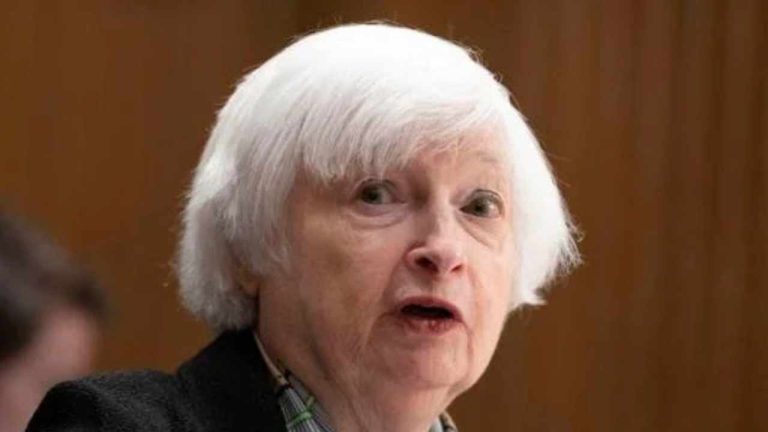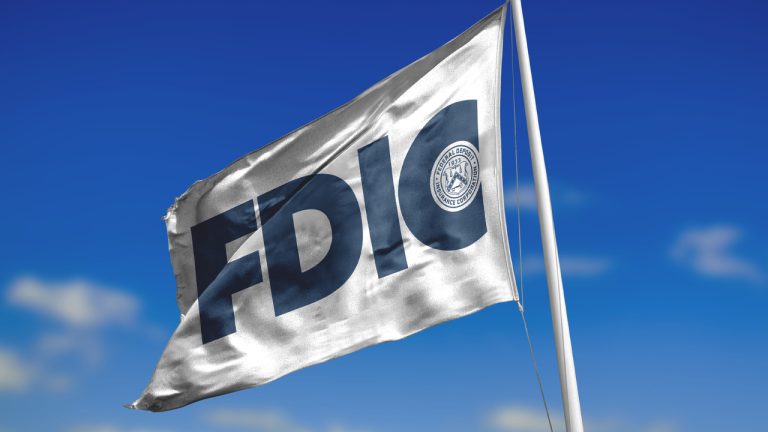
Despite the so-called FUD, Changpeng Zhao said in reality, the crypto industry has scored a number of massive wins in recent weeks.
Binance co-founder and CEO Changpeng ‘CZ’ Zhao has hosed down recent rumors against his firm, assuring its balance sheet and employee retention remain robust, despite the recent market uncertainty.
The Binance boss blamed negative news, rumors, bank runs, lawsuits, the closing of fiat channels, product wind-downs and employee turnovers for creating an environment of FUD (fear, uncertainty, doubt) in a Sept. 7 post on X (Twitter).
Saw some debates in the community. When you do the right thing, and there is FUD, you don't have to do anything. The community defends you.
— CZ Binance (@cz_binance) September 7, 2023
Let me summarize. There have been a lot of negative news/rumors, bank runs, lawsuits, closing of fiat channels, product wind downs,…
He then used the opportunity to clarify Binance’s current financial position:
“Guess what we don't have? No liquidity issues,” CZ emphasized. “All withdrawals (and deposits) are properly handled. All customer funds are #SAFU, and 100% reserved.”
However, observers have noted at least 10 Binance executives have left the helm between July and September alone, including Patrick Hillmann, former chief strategy officer, Mayur Kamat, former product lead, Leon Foong, former head of Asia-Pacific and Steven Christie, former senior vice president for compliance.
CZ however explained in July that employee turnovers are a reality for every single company, especially those in a rapidly changing environment like crypto.
Definitely false, only one this week. They exaggerate everything.
— CZ Binance (@cz_binance) July 6, 2023
In a recent post, CZ said Binance "probably also [has] the lowest founding team turnover of any tech startup of our size and age, in the world."
Related: Binance to reimburse users $1M for Cyber Earn incident
Meanwhile, the Binance CEO pointed to some wins in the cryptocurrency industry lately, such as the launch of new fiat channels and products, new hires, and new markets in addition to some wins in the courtroom — notably Ripple and Grayscale Investment’s victories against the United States Securities and Exchange Commission.
Magazine: Crypto regulation: Does SEC Chair Gary Gensler have the final say?







